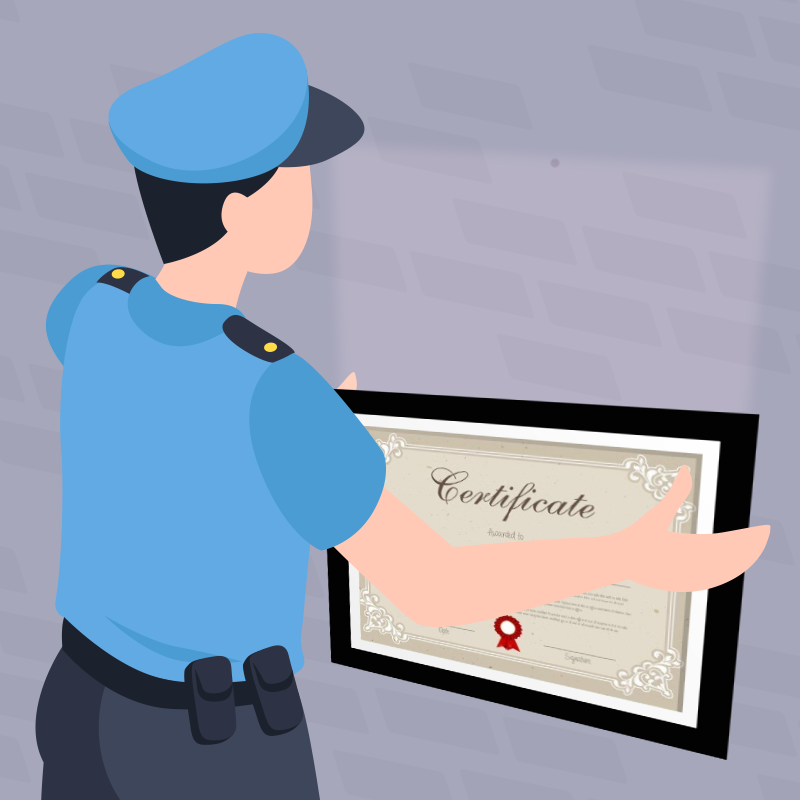Off-duty behavior can lead to the suspension or cancellation of a professional license. Regulatory bodies, such as licensing boards, commissions, and agencies, implement rules and regulations that affect both professional and non-professional aspects of licensed individuals’ lives. These regulatory bodies exercise almost complete control over members. They require licensed professionals to conduct themselves professionally both inside and outside of the workplace.
Table of Contents
When Can Someone Lose a Professional License Due to Off-Duty Conducts?

Felony Conviction
If a licensed professional engages in illegal activities outside of work, he or she may increase the odds of losing his or her license. Most regulatory bodies either suspend or revoke the license of individuals who are facing a felony conviction. A Felony conviction is proof of professional misconduct, which is a breach of the bylaws or codes of conduct.
Violation of Morality Clauses
Some state regulatory boards have morality clauses that licensed individuals must obey. If a professional violates the clauses, he or she can lose the license or face suspension. An individual may also face probation for a specific period. A professional licensed defense attorney can gather sufficient evidence and prepare a strong case to help a defendant contest and overturn a decision.
Drug and Alcohol Abuse
A person can also lose his or her professional license when he or she is unable to perform his or her work-related responsibilities due to a drug or alcohol addiction. A variety of options to help professionals battling addiction retain their licenses are, however, available. The affected professional just needs to accept that he or she has a problem and seek help.
Fraud or Deceit
A professional is likely to lose his or her license if he or she engages in fraudulent or deceitful activities off duty. The professional may, for instance, illegally allow another person to use his or her license.
Getting Legal Support
An individual who finds out that a formal board complaint has been filed against him or her for off-duty misconduct should work closely with a professional license defense attorney. The attorney will help the professional prepare a well-written and evidence-supported response letter, a document that most license boards request in their first complaint notification to the affected professional. The attorney will also evaluate the professional’s circumstances and advise him or her on the options that would be helpful to his or her career.






